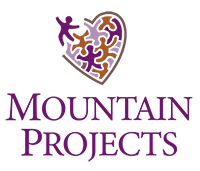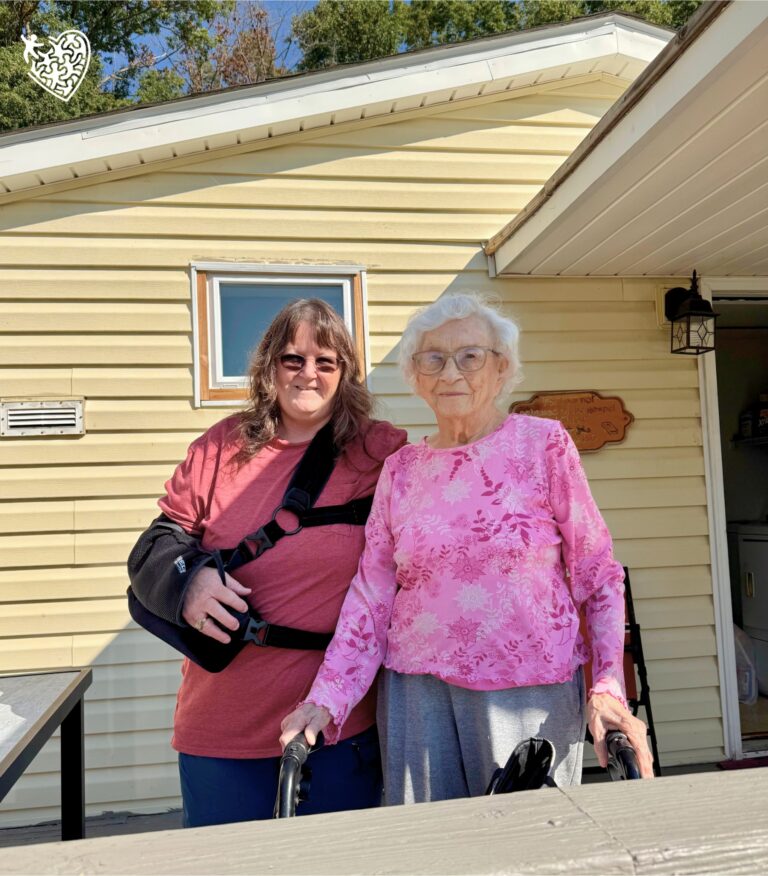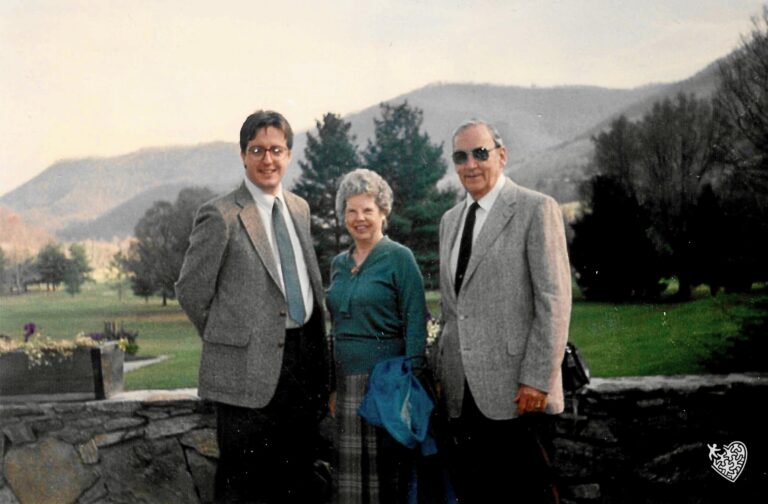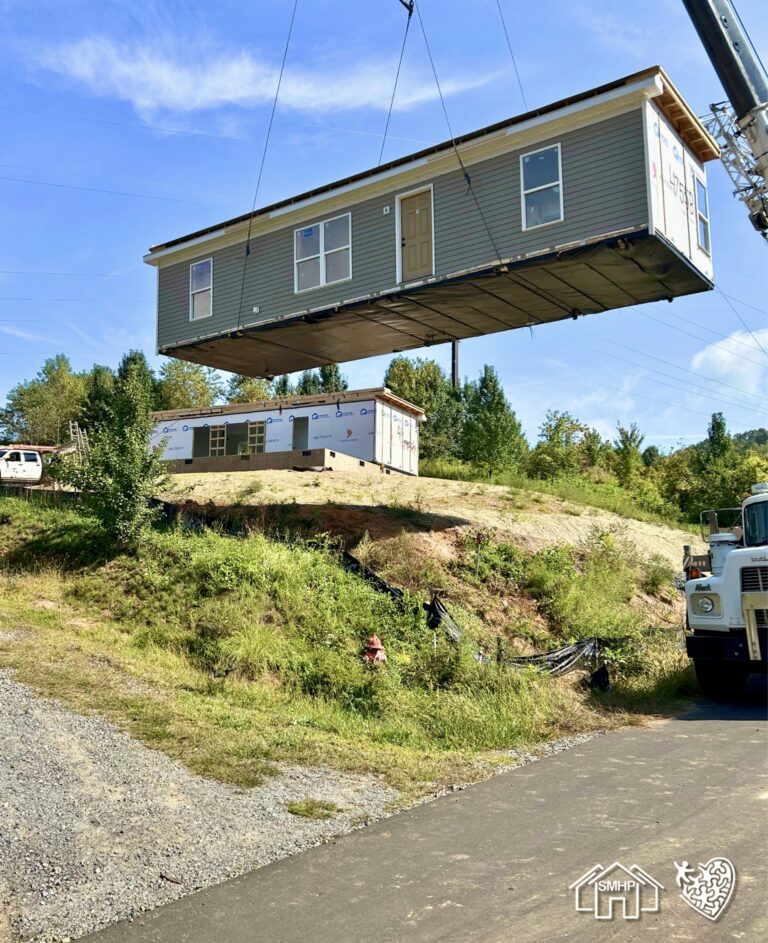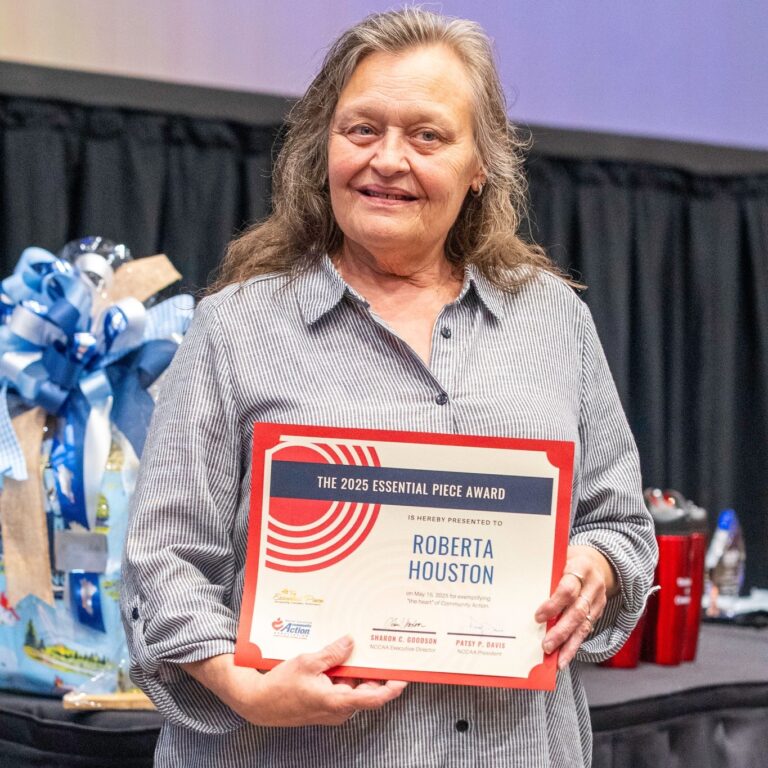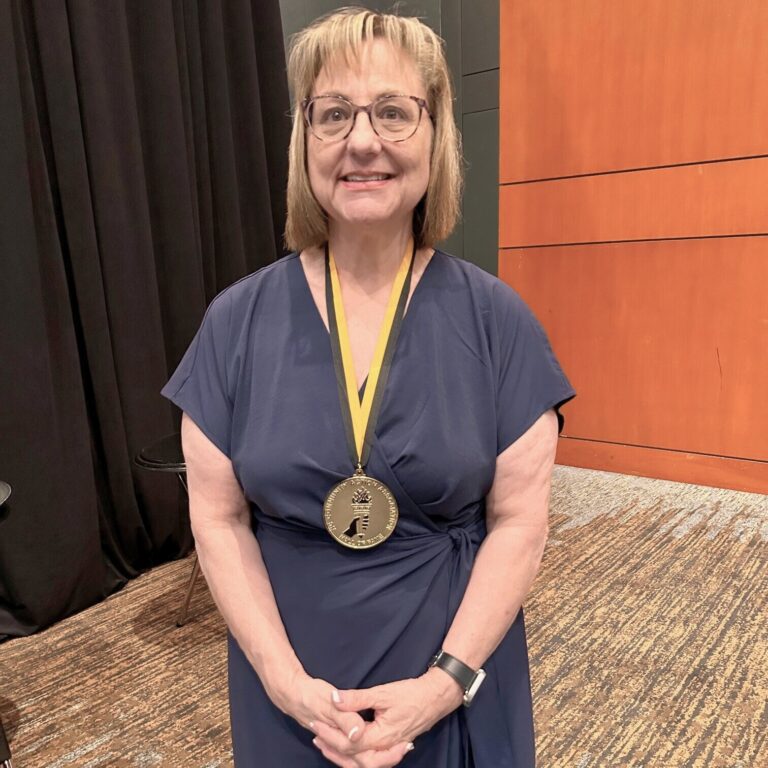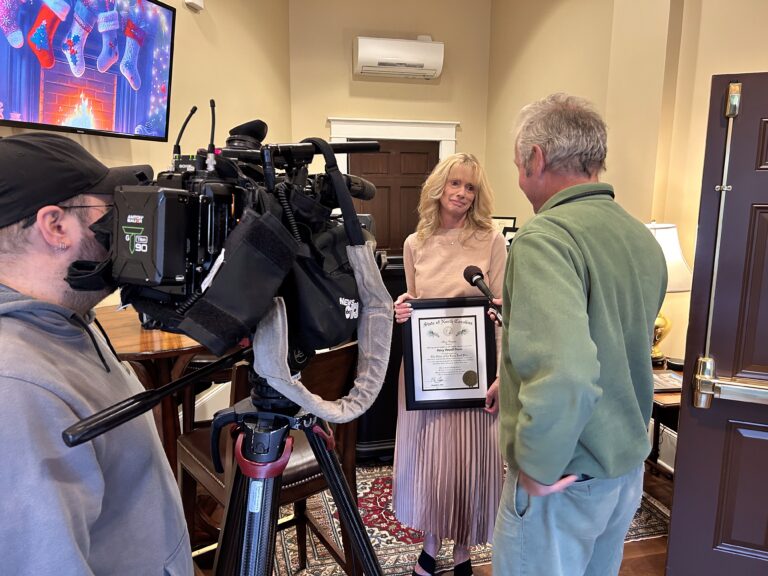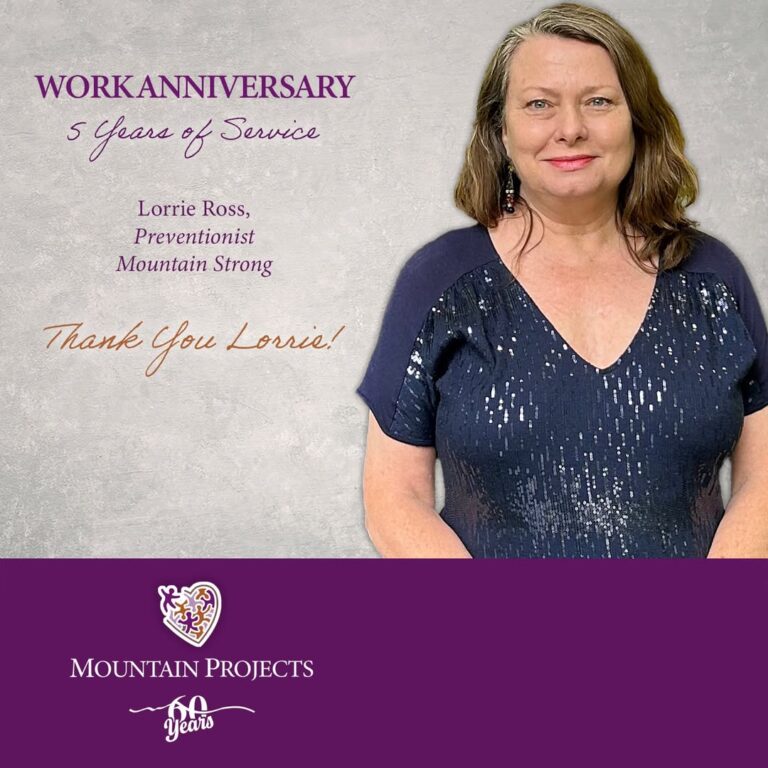
In the News: Local Housing Initiative Impacted by Shutdown
The Smoky Mountain News’s Lily Levin touches base with Mountain Projects’ Amanda Singletary about the impact of the government shutdown on Section 8 housing. “Because everyone is furloughed right now, literally last week, when I emailed probably a dozen of my HUD contacts, all of their emails bounced back,” Singletary
